
English | 中文

Precise CSR information disclosure for better localized operation and better local service
source:goldencsr date:2017-12-21 13:30:38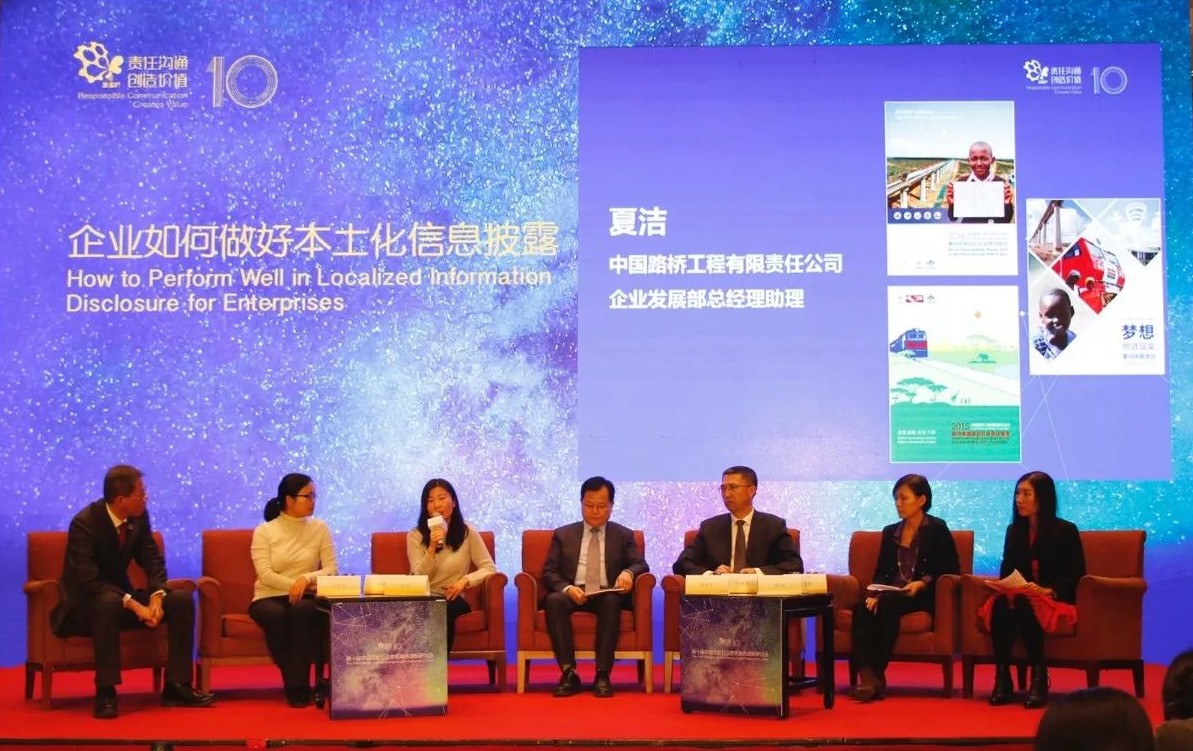
On December 1, the Panel “How to Perform Well in Localized Information Disclosure of Enterprises” was held in Beijing during the 10th International Conference on CSR Reporting in China. Yu Zhihong, President and Editor-in-Chief of China WTO Tribune, Chief Expert of GoldenBee CSR Consulting, moderated this panel.
In this forum, the moderator didn’t follow the common template but invited the audience to ask questions first. Therefore, what the guests said is just what the audience what to hear. The three mostly asked questions were as follows:
1. How could the content of the CSR reports fit the reality of host countries to the fullest extent by information disclosure?
2. The first step is always the most difficult. What’s the best entry point to publish CSR reports overseas for the first time?
3. How could enterprises make sure that the report always has new and interesting content each year?
Focusing on the above questions, the guests deeply explored issues like the necessity and urgency of disclosing localized information and how to make targeted disclosure and respond to the expectations of stakeholders, based on the release and communication of social responsibility reports of Chinese enterprises overseas and foreign-invested enterprises in China.
Conduct field research and communicate deeply
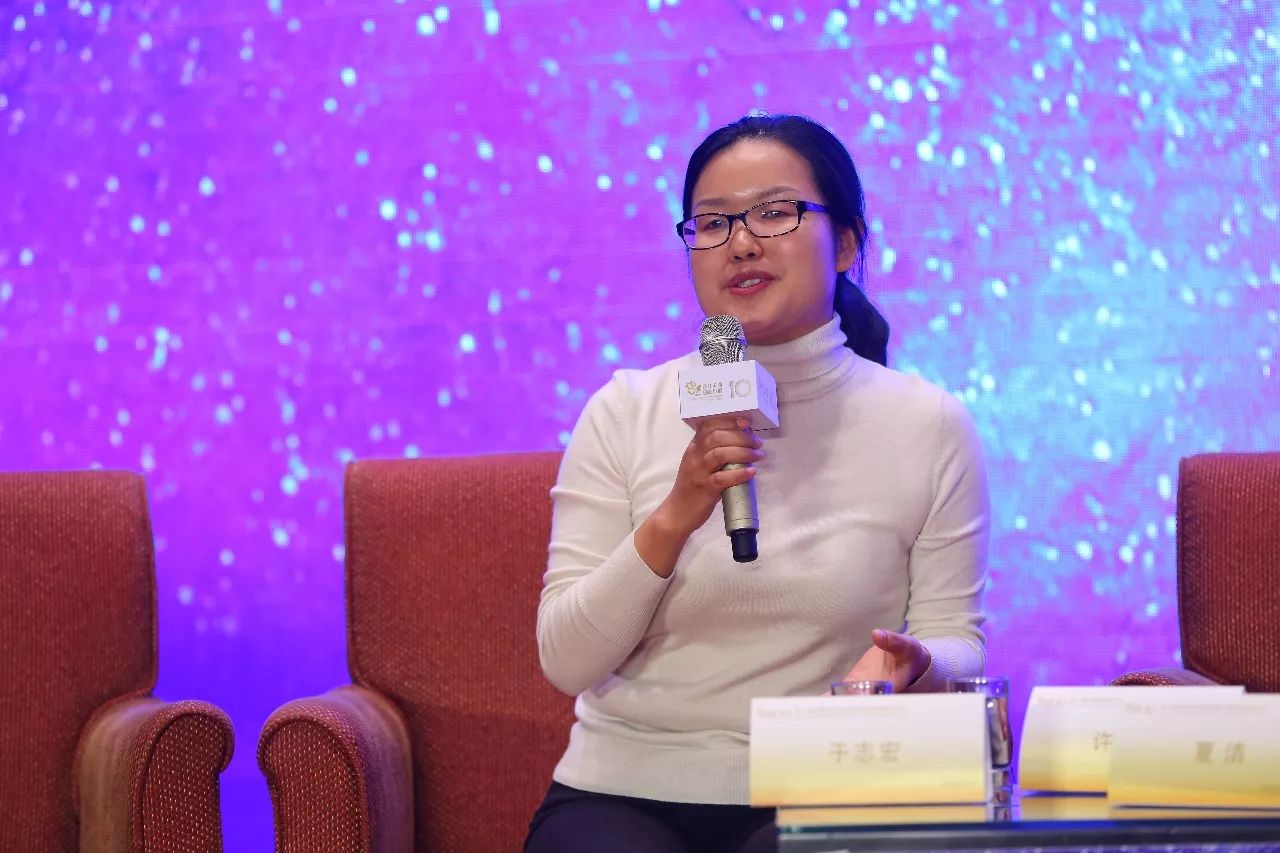
Xu Xiaoling, Editor-in-Chief, Department of Corporate Media Design, CNPC Economics & Technology Research Institute, gave some insights on the entry point to publish CSR reports. She said that, CNPC treats overseas reports and social responsibility reports at the Group level with equal importance and takes each report as a totally new start and does a lot of internal and external research.
Overseas reports combine their content closely with local business and report the impact of the company’s operation on local economy, environment and society to both local and international stakeholders.
Xu Xiaoling held that, firstly, reporting is an attitude and a commitment to the responsibility for local stakeholders. Secondly, except for serving external communication, reports are good tools for internal management. We root the concept of social responsibility deeply into the mind of the staff through CSR reporting preparation and thus cultivating a good team. Thirdly, we should make good use of reporting, especially how to use it well in daily communication.
Provide localized information and be rooted in the local
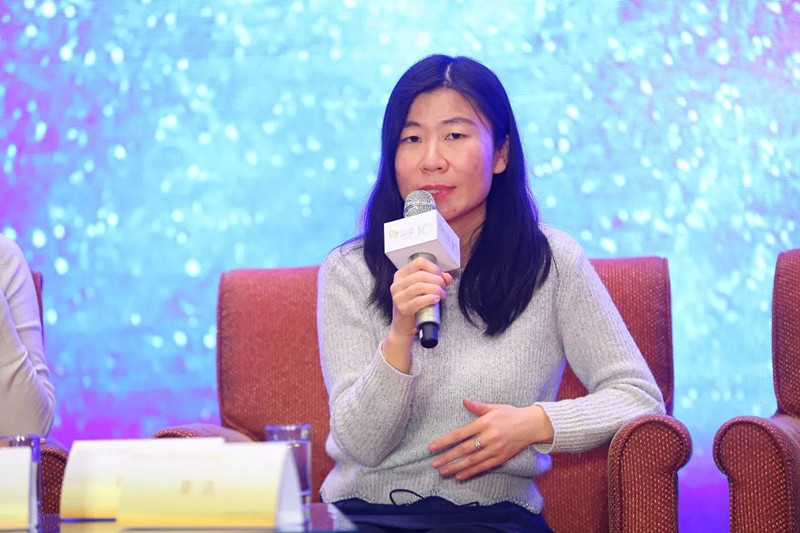
Xia Jie, as the planner and a main participant of China Road and Bridge Cooperation (CRBC)’s overseas reports, has worked in Kenya for three years. She shared her overseas working experience to the audience.
CRBC published two reports during the three-year construction of its Mombasa-Nairobi Standard Gauge Railway Project. This has something to do with the complex political, economic, religious and social environment in Kenya. Disclosing information of the company and its projects initiatively helps to win the understanding and support of stakeholders.
While making localized disclosure, it is important to know both yourself and the local well and to act according to the reality, since we tend to focus only on what we have and take it for granted that what I have is just what you need. However, it may turn out not to be so. Therefore, we must go deep into the region to understand their needs and adjust our measures to local conditions.
On the other hand, we must make full use of the current media resources, so that we can have more and wider channels to make localized disclosure and get better effects.
Leverage the joint efforts from the top to bottom to prepare a good CSR report
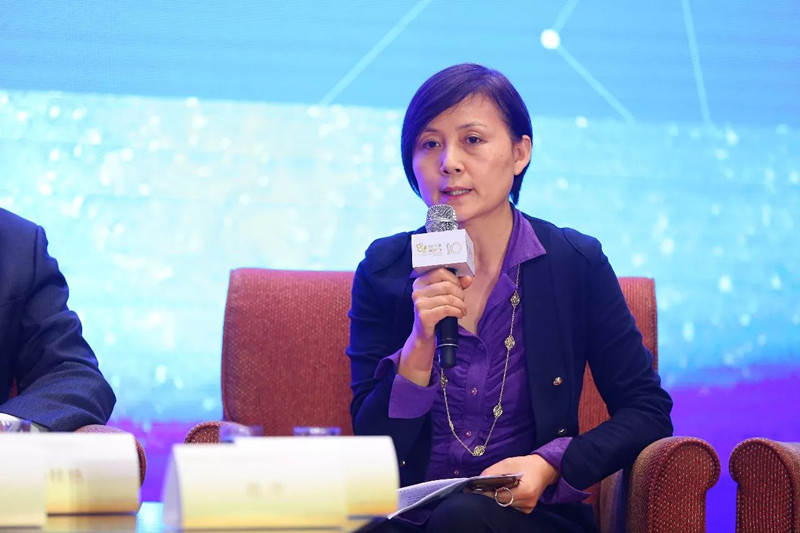
Intel (China), as a foreign-invested company in China, has released CSR reports for 9 consecutive years. Sun Guiyan, CSR Senior Manager of Intel (China), shared the company’s practice in CSR reporting.
She thought that CSR reporting preparation is the process to improve corporate responsibility management and evaluate the behaviors of enterprises. It aims to communicate with stakeholders as well. To compile CSR reports, it requires the management level from top to bottom to have a unified understanding and consensus, and only by this can the information be fully disclosed.
From the first report in 2009 to the ninth report in this year, they all have a similar structure, but the content is different. We have made long-term responsibility targets for each material topic. Each year, we will evaluate the performance of each target and make a complete disclosure on how we have finished this year’s performance targets, what are the shortages and what we plan to do in the next year through reporting. CSR reports, which reflect the annual performance of the company from management to responsibility fulfillment, have a high specialty, require authentic data and stress on consistency and continuity.
Integrate into China and advance with the times
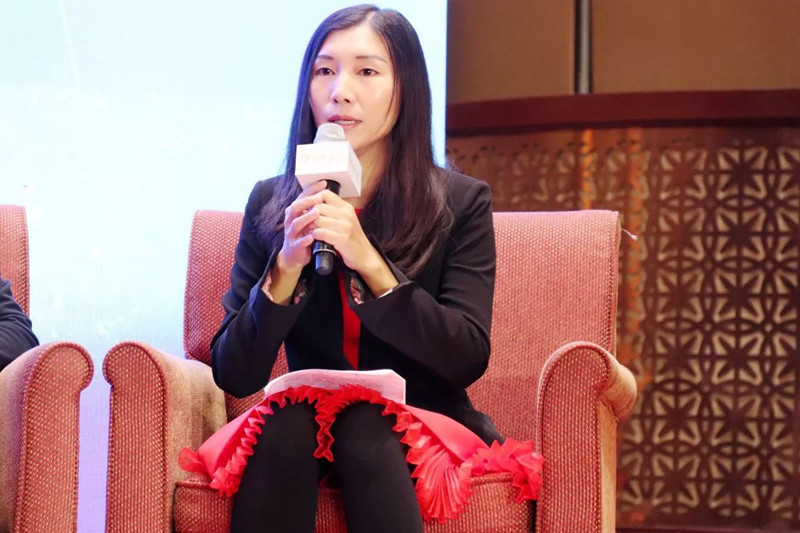
Canon (China) is the first subsidiary of Canon Group that released localized CSR report. With the development of its business, it comes to realize the urgency of having a carrier to disclose local information.
Cai Xingran, Director, External Affairs & Brand Communication Division, Canon (China) said that, firstly, we will provide information on the relevant responsibility practice of Canon in the report based on the needs of stakeholders, including the emission of the plant, product demands, and the industrial trend to advance with the times. Secondly, as for the reporting scope, we have extended it from Canon (China) to all our companies in China. Thirdly, we have referred to some local criteria in China which reflect local demands better. Meanwhile, we follow the international trends actively. For instance, we proposed SDGs last year, and we make a reference to these indicators in this year’s report.
Communicate and exchange to unite people together
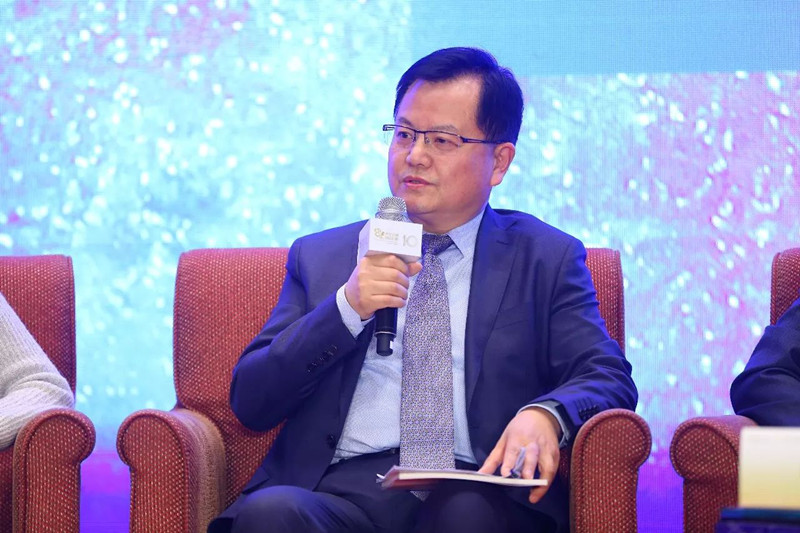
Shi Chong, Chief Expert and News Spokesman, NARI Group corporation (NARI), emphasized the active communication. After settling in Thailand, the first thing that NARI did was learning about local customs, and communicating with stakeholders to understand their needs. At the same time, the company reported its projects to local communities and influential person to listen to their opinions.
With these work, we have achieved good results since implementation. After 10 years’ efforts, we have established a subsidiary in Thailand. We will communicate with local stakeholders and report the progress of our projects and our plans to them each year. The response of the surrounding residents to us is rather positive.
Serve the local community in a low-key way and insist on
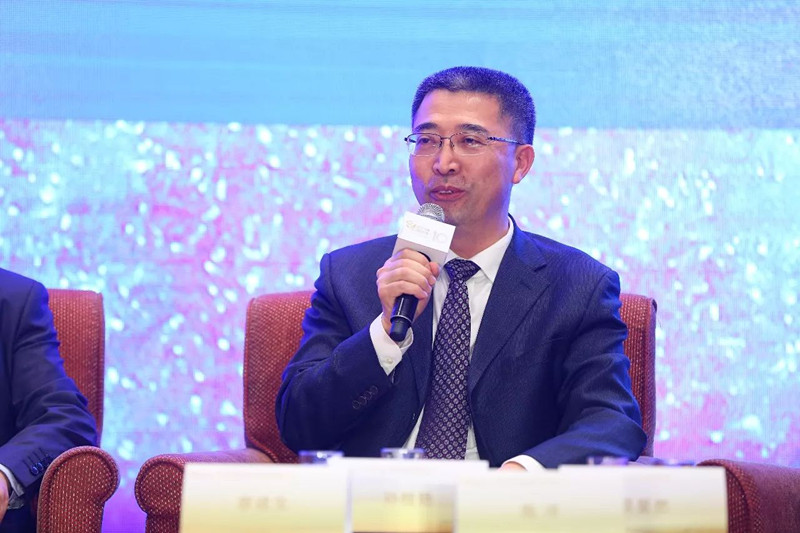
Liao Jiansheng, Deputy Director of Administration Office, China Wu Yi, thoughts that CSR, which relies mainly on actions and persistence, is an essential part of the career of China Wu Yi, and that responsibility fulfillment, a process of serving the local community in a low-key way, can achieve a win-win situation for all parties. Due to severe shortage of water resources in the northeast and north of Kenya, the local tribes always fight furiously with each other for water. In order to tackle the problem of water shortage, China Wu Yi designed and excavated 20 ponds to provide water for construction, which also benefits the local residents.
Liao Jiansheng has his own understanding towards CSR. In his opinion, C stands for China. Compiling CSR reports to disclose information not only helps to improve the image of the enterprise itself, but also contribute to building the image of Chinese enterprises. S means safety. The significance of CSR fulfillment well goes without speaking. It can save you in crisis. R represents Realization. Now, the Chinese Dream is very popular. While fulfilling social responsibility in Africa, we can assist employees to realize their dream, make the enterprise achieve its goal and help our African brothers to realize their African Dream.
In addition, the guests exchanged their views and shared their insights on issues such as the timing of the releasing CSR reports and how the negative information was disclosed.
Better localized information disclosure requires active communication, learns the local demand, and promotes the implementation of local elements by taking the actual situation into account. It also needs to keep pace with the times and the development and changes in the society, industry and the world to generate innovation in contents, standards and forms.